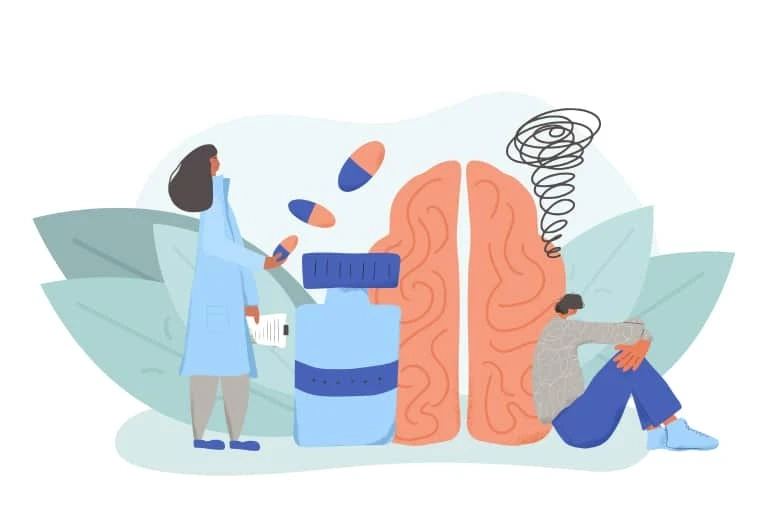In order to create the best treatment plan for each individual, an individual must be fully honest about their substance abuse history and any diagnosed mental illnesses. The substance abuse treatment process begins with a client sitting down with a licensed medical professional or therapist to discuss their personal history, current status, and personal treatment goals. Before medical detox, clients may begin individual and group therapy sessions. Sometimes substance abuse can also run in the family. During the assessment process, clients may also reveal a history of substance abuse in their immediate family.
Self-report instruments
Most substance abuse studies use self-report instruments to assess the level and pattern of substance use. Although these instruments are highly reliable, they are not perfect. Some studies have shown that they are prone to biases based on participants' memories, which is not surprising given the nature of substance use. For instance, people's recollections of their use of alcohol and other drugs are often based on memories that occurred a short time ago or even several years ago.
The MATE-Q is an example of a self-report instrument used in substance abuse treatment. It is a 10-item version of the original 28-item DAST. Both are designed for the same type of assessment. Both instruments require the same level of information, but the MATE-Q has an extra module that evaluates personality disorders. The MATE-Q is especially suitable for use with people who are seeking treatment for addiction. It also gathers information on the patient's motivation, which may be more difficult to collect with a self-report instrument.
Evaluation of mental health
The evaluation of mental health and addiction is crucial for substance abuse treatment programs. Mental health issues are often interrelated, so a thorough analysis of all aspects of a person's life is vital to determining the most effective treatment. A thorough examination of a person's medical, social, developmental, and psychological history is also essential to determining the extent of their mental health problems. The evaluation also looks into their response to significant life events and their coping skills.
A proper evaluation will include a series of questions and checklists pertaining to a client's behavior, thoughts, feelings, and behaviors. Taking information from multiple sources will ensure a comprehensive picture of the client's level of functioning, any impairments, and overall distress. The questions are intended to identify the causes of a person's problems and help determine the best treatment plan. In addition, a client's loved ones may be interviewed and provided input.
Treatment of co-occurring disorders
A multidisciplinary approach to the treatment of co-occurring disorders is necessary to ensure that the appropriate level of care is provided. This process involves identifying the patient's strengths and weaknesses, their motivation and stealth for change, and their cultural and environmental needs. It also includes a diagnosis, and determining the scope, intensity, and setting of services. Co-occurring disorders are often accompanied by other problems, such as anxiety.
Substance use disorders and mental illnesses often co-occur with one another. In addition, symptoms of one disorder may intensify the effects of the other. In some cases, the patient may suffer from more than one co-occurring disorder, such as schizophrenia, depression, and a personality disorder. As such, co-occurring disorders require different treatments. Therefore, there is a need for evidence-based approaches that will support a patient's recovery.
Multi-disciplinary approach
The Multi-disciplinary Approach to Addiction and Assessment (MDA) combines different perspectives on recovery from the disease. The different approaches are generally complementary and are used more frequently than ever to treat addiction. The benefits of a multi-disciplinary approach to addiction and assessment are many. Below, we'll look at the advantages of this approach. And, remember: there is no single solution to addiction. The right treatment for you will involve a combination of treatments.
A multi-disciplinary approach to addiction and assessment involves multiple experts working together to find the root of an individual's problems. The team will conduct an individual interview and evaluate questionnaires. After the intake, the multi-disciplinary team will work together to develop a treatment plan that is suited to each individual's needs and goals. As a result, the multi-disciplinary approach offers the best chance of success for each person.
0


